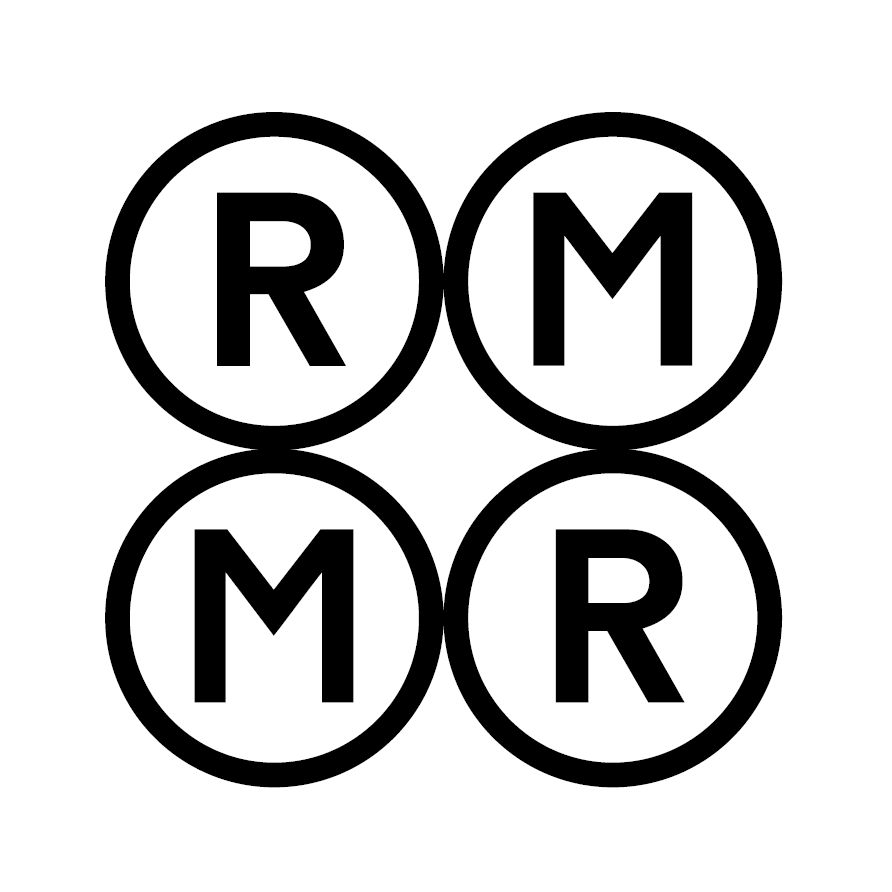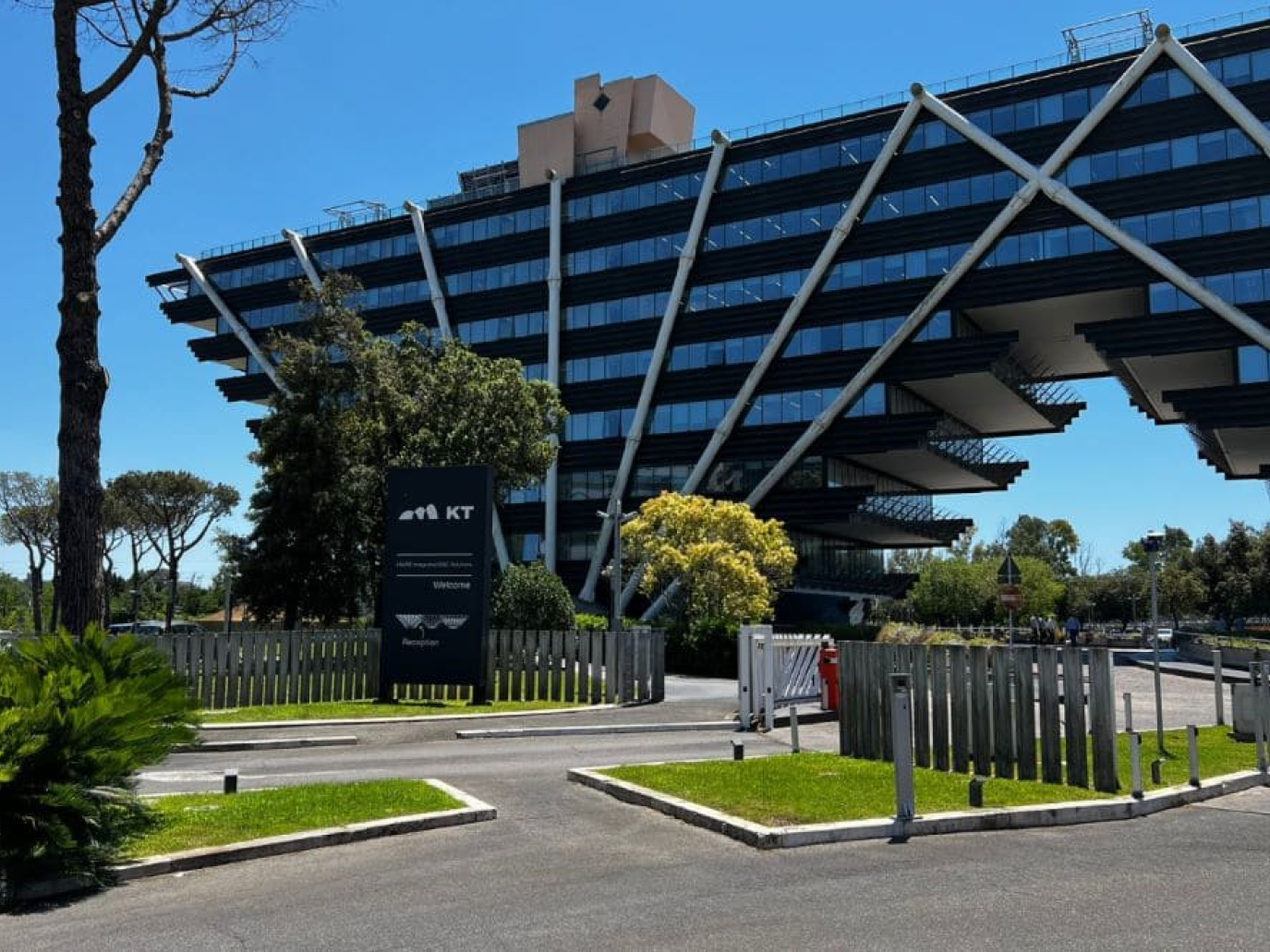This article is also available in Italian / Questo articolo è disponibile anche in italiano
These are difficult times for the world of corporate ESG. 2024 was the year of the so-called “green backlash” in politics and the corporate sphere. This was not the case for Maire, the energy transition-focused engineering and technology group, which for several years has also been working in the fields of green chemistry and green tech.
In November, as part of Sustainability Day events taking place in Milan, the group showcased its latest ESG projects, including an anti-harassment policy, the establishment of a new Supplier Code of Conduct, and the ongoing alignment with the EU Directive on Corporate Sustainability Reporting, as well as the forthcoming alignment with the Corporate Sustainability Due Diligence Directive of the European Union.
"We see sustainability as a 360-degree opportunity," said Ilaria Catastini, Head of Group Sustainability at Maire. "We are facilitating decarbonisation and circularity for our clients through our work and technologies and accompanying our suppliers in reducing their carbon footprint. Our activities on the ground support culture and education, and we undertake advocacy and research to reduce the polluting impact of plastics on the environment, through the development of technological solutions and informational campaigns in the countries most affected by plastic waste. Thanks to continuing professional development, we drive the growth of safety culture and business integrity throughout our supply chain. This enabling role is well-suited to an engineering company with a passion for innovation."
Climate
The company's goals for climate action have been confirmed: a 35% reduction by 2025 of direct and indirect CO2 emissions (Scope 1 and Scope 2) compared to 2018 levels; carbon neutrality for Scope 1 and 2 by 2029; a 9% reduction of Scope 3 emission intensity by 2025 for technological goods and services compared to 2022; net-zero Scope 3 emissions by 2050. How will all this be achieved? By increasing energy efficiency, intervening on equipment and digital solutions, transitioning from fossil-based to renewable energy in plants and offices, and also with the creation of solar PV parks at worksites.
Maire has also defined a framework to estimate “avoided emissions”, meaning the “positive” impact of decarbonisation that a company provides to the market through its products and services. The goal is to demonstrate that technologies can enable decarbonisation and the energy transition while reducing emissions.
Water and biodiversity
Maire has created a map of its water risk that considers the location of its sites, calculating the degree of physical risk in relation to the likelihood of flooding and drought, as well as water quality and availability.
The aim is to develop a quantitative and qualitative target to improve water reuse, recycling, and monitoring in worksites and offices, using seawater desalination, with systems for the treatment, recovery, and use of treated sewage effluent (TSE, as in the Ras Laffan project in Qatar), with mitigation of infrastructure-related activities (as in Hail and Ghasha, in the United Arab Emirates), for the natural gas export pipeline.
Circularity
The Group has developed a three-level circular economy framework: Maire worksites and offices (95% of waste production), the upstream supply chain, and circularity for its clients. Respectively, the aim is to define targets for waste recycling and reuse, encourage the use of innovative materials and ecodesign, and promote the circularity of the system at the international level through the development of mechanical and chemical recycling technologies, such as NextChem.
People, training, diversity, equity, and inclusion
By investing in training, Maire wants to create a more inclusive culture and leadership. Initiatives include the DE&I (Diversity, Equity, & Inclusion) working group, the Flourishing programme, STEM education for girls and young women, the promotion of diversity at all levels of the organisation, and the creation and maintenance of a work environment free from any form of discrimination, violence, and harassment.
This policy involves the entire Group, all over the world, its employees, suppliers, and stakeholders; it is implemented through an online platform for reporting any inappropriate behaviours, with swift and impartial investigations into claims.
Health and Safety
An interesting development is the use of artificial intelligence to support worksite safety, also through predictive analytics. The commitment to H&S continues through the training of staff and managers.
Maire is also working on combating the increase in heat stress for employees at worksites, through specific training, the creation of cooled rest areas, devices to report heat stress and monitor the safe working temperature limit, as well as medical and emergency screening.
Community and corporate social responsibility
Among the corporate social responsibility projects in 2024, the one undertaken in the Indian state of Bihar saw major local involvement: in Bihat Nagar Parishad, a small town along the Ganges, work was done to educate the local population and government to improve waste management. In Paradeep, in Odisha, a biogas plant is being built to produce compressed gas from waste, to be used as fuel for community kitchens that are made available to poorer families.
This content is produced thanks to the support of sponsors
Cover: KT Main Offices Roma



